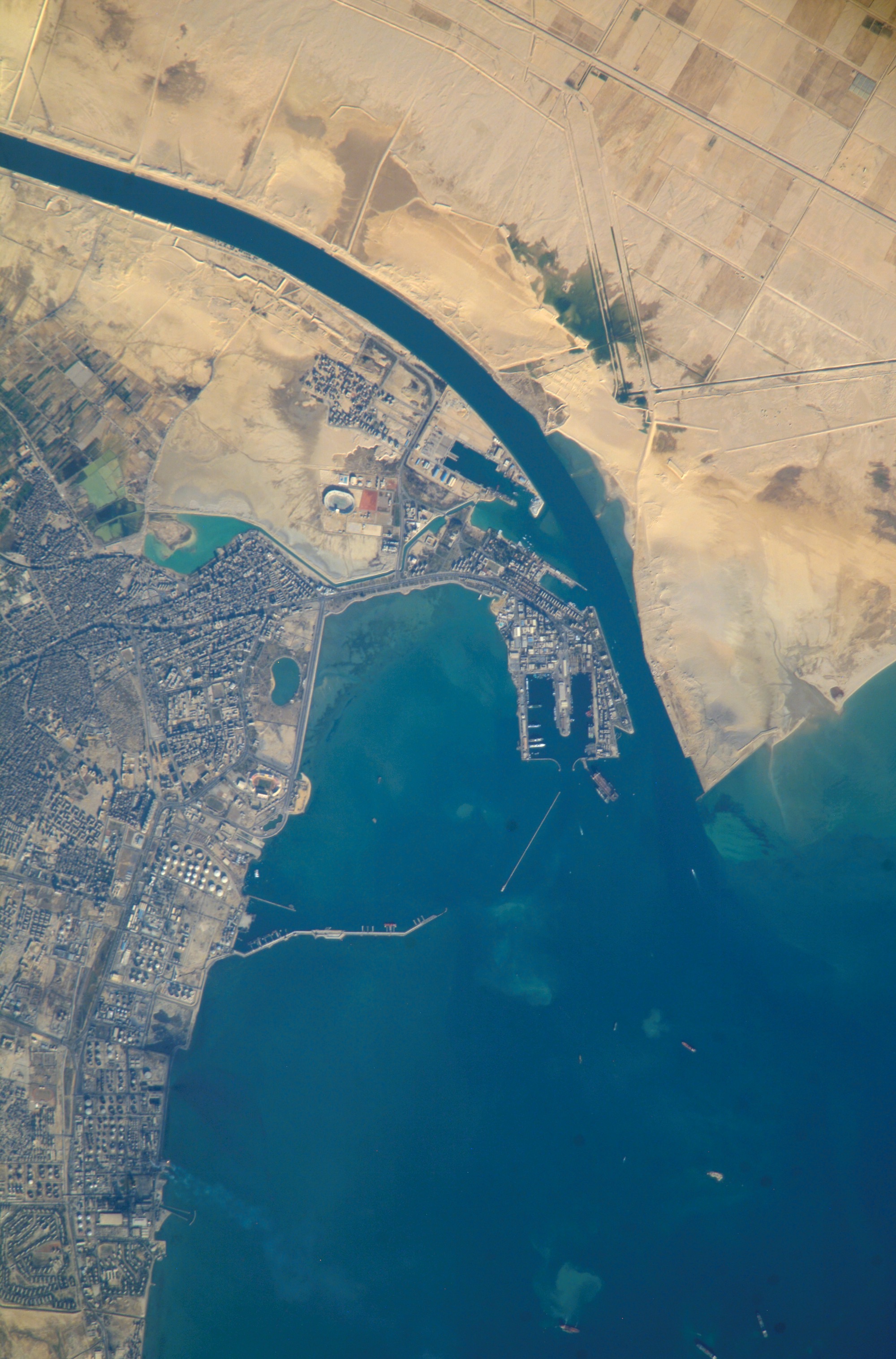Debouch on:
[Wikipedia]
[Google]
[Amazon]
 In
In
 In
In hydrology
Hydrology () is the scientific study of the movement, distribution, and management of water on Earth and other planets, including the water cycle, water resources, and environmental watershed sustainability. A practitioner of hydrology is call ...
, a debouch (or debouche) is a place where runoff
Runoff, run-off or RUNOFF may refer to:
* RUNOFF, the first computer text-formatting program
* Runoff or run-off, another name for bleed, printing that lies beyond the edges to which a printed sheet is trimmed
* Runoff or run-off, a stock marke ...
from a small, confined space discharges into a larger, broader body of water
A body of water or waterbody (often spelled water body) is any significant accumulation of water on the surface of Earth or another planet. The term most often refers to oceans, seas, and lakes, but it includes smaller pools of water such a ...
. The word is derived from the French verb ''déboucher'' (), which means "to unblock, to clear". The term also has a military usage.
Geology
In fluvial geomorphology, a debouch is a place where runoff from a small, confined space emerges into a larger, broader space. Common examples are when a stream runs into a river or when a river runs into an ocean. Debouching can generate massive amounts of sediment transport. When a narrow stream travels down a mountain pass into a basin, analluvial fan
An alluvial fan is an accumulation of sediments that fans outwards from a concentrated source of sediments, such as a narrow canyon emerging from an escarpment. They are characteristic of mountainous terrain in arid to semiarid climates, but a ...
will form from the mass deposit of the sediment. The four largest rivers (the Amazon, the Ganges-Brahmaputra, the Yangtze and the Yellow) are responsible for 20% of the global discharge of sediment in to the oceans by debouches.
Geography
Influvial
In geography and geology, fluvial processes are associated with rivers and streams and the deposits and landforms created by them. When the stream or rivers are associated with glaciers, ice sheets, or ice caps, the term glaciofluvial or fluviog ...
geography
Geography (from Greek: , ''geographia''. Combination of Greek words ‘Geo’ (The Earth) and ‘Graphien’ (to describe), literally "earth description") is a field of science devoted to the study of the lands, features, inhabitants, an ...
, a debouch is a place where a body of water pours forth from a narrow opening. Some examples are: where a river
A river is a natural flowing watercourse, usually freshwater, flowing towards an ocean, sea, lake or another river. In some cases, a river flows into the ground and becomes dry at the end of its course without reaching another body of ...
or stream
A stream is a continuous body of surface water flowing within the bed and banks of a channel. Depending on its location or certain characteristics, a stream may be referred to by a variety of local or regional names. Long large streams ...
emerges from a narrow constraining landform
A landform is a natural or anthropogenic land feature on the solid surface of the Earth or other planetary body. Landforms together make up a given terrain, and their arrangement in the landscape is known as topography. Landforms include hills, ...
, such as a defile, into open country or a wider space; a creek joins a river
A river is a natural flowing watercourse, usually freshwater, flowing towards an ocean, sea, lake or another river. In some cases, a river flows into the ground and becomes dry at the end of its course without reaching another body of ...
; or a stream flows into a lake.
Military
Inmilitary
A military, also known collectively as armed forces, is a heavily armed, highly organized force primarily intended for warfare. It is typically authorized and maintained by a sovereign state, with its members identifiable by their distinct ...
usage of debouch: as a noun, a fortification
A fortification is a military construction or building designed for the defense of territories in warfare, and is also used to establish rule in a region during peacetime. The term is derived from Latin ''fortis'' ("strong") and ''facere ...
at the end of a defile is sometimes known as a debouch; and as a verb, soldiers emerging from a narrow space and spreading out are also said to "debouch".
See also
* Fluvial landforms of streams * Region of freshwater influenceReferences
External links
* {{Coastal geography Fluvial landforms Rivers Water streams Military terminology